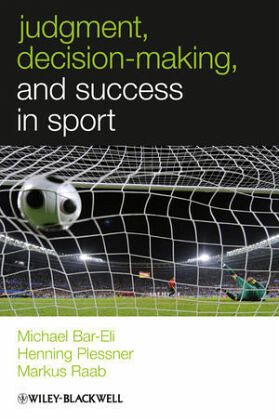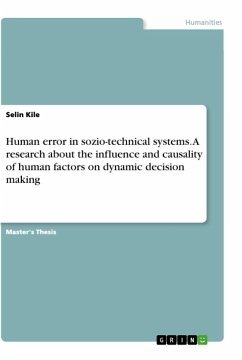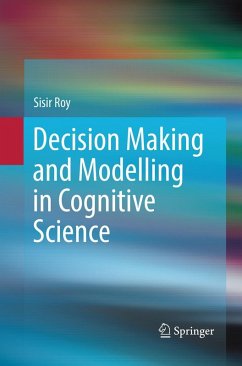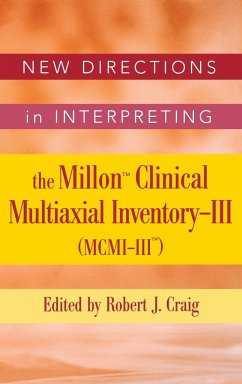Nicht lieferbar

Judgment, Decision Making and Success in Sport
Judgment, Decision-Making and Success in Sport presents a thorough overview and assessment of the study of Judgment and Decision-Making (JDM) in sports psychology, and represents an important source of information for those interested in the possible causes and reasons for success and failure in sport.
The only book to apply the principles of JDM to sport
Applies theory to practice by looking at problems of athletes, coaches, and referees and providing recommendations for dealing with them
Offers an overview of current JDM research
Useful for psychologists, physical education teachers, sports scientists, and researchers in this field
The only book to apply the principles of JDM to sport
Applies theory to practice by looking at problems of athletes, coaches, and referees and providing recommendations for dealing with them
Offers an overview of current JDM research
Useful for psychologists, physical education teachers, sports scientists, and researchers in this field













